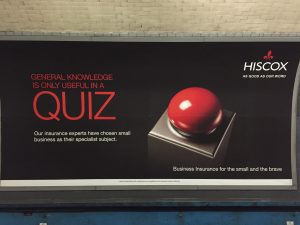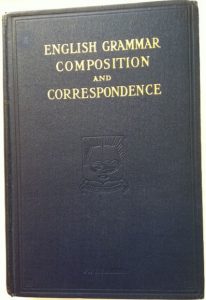The full meaning, colour, and harmony of words…
As Herbert J. C. Grierson says in his Rhetoric and English Composition, “Words are the material with which we have to work in composition, the bricks of our building, the simplest elements available for the communication […] of our thoughts and feelings.” No matter how lovable a word might be on its own, “The full meaning, colour, and harmony of words depend on their combination with others in sentences; the sentences themselves on their interaction in the paragraph; and the paragraph itself […] in other, larger divisions – chapter or canto or act – in the whole composition.”
I was reminded of this in the wake of the sad departing of Martin Amis – a king of composition. As Ian McEwan puts it, Martin Amis “really was one of those writers who cares a lot about the sentence. He had a real dedication to getting things right. He didn’t just think onto the typewriter.”
‘Writing is thinking’, so the saying goes. But this is only part of the story. Writing is thinking rethought, rewrought – composed. And like all the best compositions, it has meaning and melody, substance and style. Here’s one of many such compositions from the late great Amis – the opening to his article for The Guardian in the aftermath of 9/11:
“It was the advent of the second plane, sharking in low over the Statue of Liberty: that was the defining moment. Until then, America thought she was witnessing nothing more serious than the worst aviation disaster in history; now she had a sense of the fantastic vehemence ranged against her.
I have never seen a generically familiar object so transformed by effect. That second plane looked eagerly alive, and galvanised with malice, and wholly alien. For those thousands in the south tower, the second plane meant the end of everything. For us, its glint was the worldflash of a coming future…”
“The second plane, sharking in… galvanised with malice… its glint […] the worldflash of a coming future…” Words full of meaning, colour, and harmony – words composed with great care not just to capture our thoughts and feelings but to bring them into sharper focus and augment them. So that we are somehow made more from that moment on.







